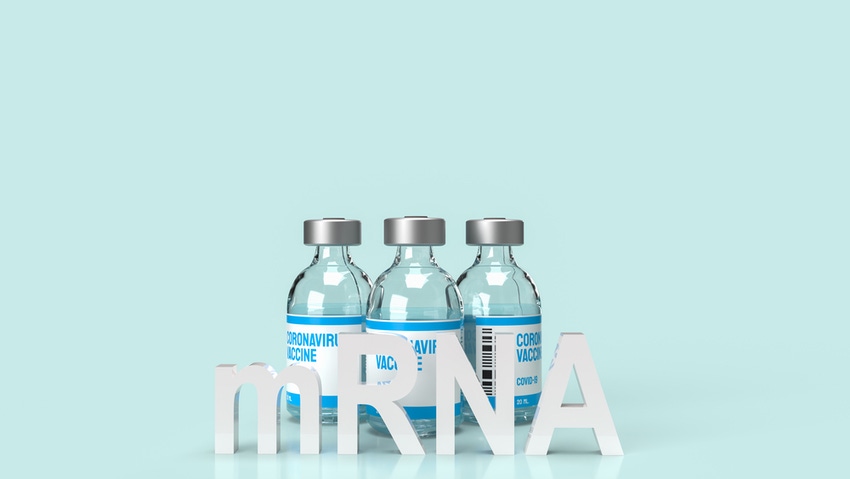Content Spotlight
Podcast: MilliporeSigma says education vital to creating unbreakable chain for sustainability
MilliporeSigma discusses the importance of people, education, and the benefits of embracing discomfort to bolster sustainability efforts.

Under the terms of the deal, Univercells will evaluate Altamira’s SemaPhore platform for the delivery of mRNA vaccines. if the experiments prove successful, the parties anticipate discussing and negotiating a commercial agreement for the advancement and production of nanoparticle-based mRNA vaccines.
“SemaPhore consists of 21 different, proprietary peptides that self-assemble into a polyplex structure when mixed with nucleic acids. The resulting polyplex enables easy transfection of cells in target tissues thus delivering therapeutic agents (in this case mRNA) inside cells,” José Castillo, chief technology officer at Univercells, told BioProcess Insider.
The collaboration between Univercells and Altamira will focus on “generating an immune response in rodents using a reporter gene and a non-disclosed proprietary vaccine antigen.” The SemaPhore technology has already been tested in more than 15 disease models in mice, including rheumatoid arthritis and KRAS-driven cancers.
Additionally, Castillo said the advantage of a nanoparticle-delivered mRNA vaccines over more traditional methods is the “avoidance of accumulation of nanoparticles in the liver, thus ensuring more effective delivery to target tissues.”
mRNA vaccines work by conditioning the individual’s immune system to identify and terminate a pathogen. In turn, the vaccines deliver a small piece of the target pathogen’s proteins into specific cells in our bodies that can make the full protein. Then, the cells manufacture the target protein in small amounts causing the creation of specific antibodies to destroy any entity that has the same protein, such as a virus. While human bodies break down the vaccine’s mRNA at speed, the antibodies stay so we have a level of protection if we are to encounter the virus in the future.
He described mRNA technology “in general” as a “game-changer in how we prevent, treat, and cure diseases in a range of fields from oncology to infectious diseases.” However, to reap its full benefits, “we need constant innovation to make mRNA products more effective, efficient, and affordable. One key step is to develop platforms that use lower doses of mRNA.”
You May Also Like